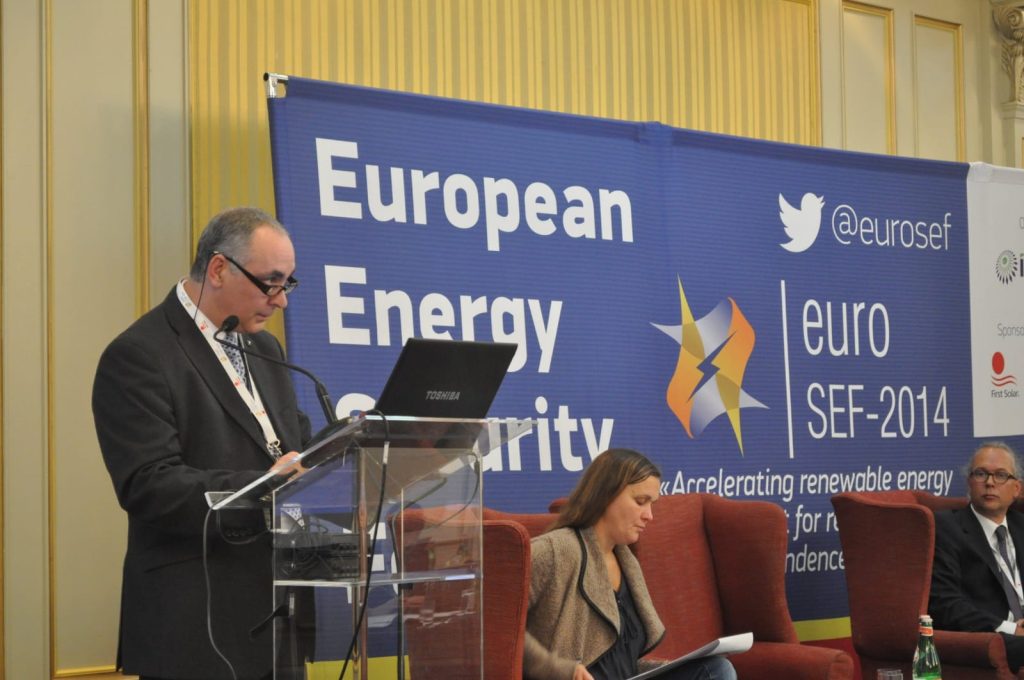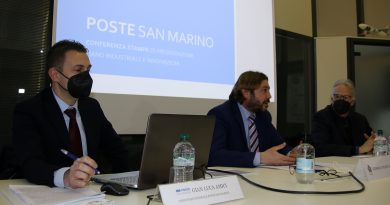The Unrepairable Damage Politicians Have Inflicted on the European Union: A Call to Action by ECIPS President Ricardo Baretzky
In a scathing indictment of the European political landscape, Ricardo Baretzky, President of the European Centre for Information Policy and Security (ECIPS), has warned that the damage inflicted on the European Union (EU) by its politicians has become unrepairable. According to Baretzky, this deepening crisis threatens the very foundations of justice, fundamental rights, and the stability of the continent itself. Millions of European citizens are stranded without work, energy crises are intensifying, and looming water shortages could soon present an unprecedented humanitarian catastrophe. Baretzky argues that the time for reform has passed and the EU must now take more drastic measures to save itself from an imminent collapse.
Politicians Have Betrayed the European Project
Baretzky’s message is clear: the EU’s political class has failed its citizens, and the damage caused is beyond repair. What was once a project built on principles of unity, shared prosperity, and democratic values has been eroded by self-serving politicians who prioritize their own power and influence over the wellbeing of the people they represent. Instead of fostering solidarity among the EU’s 27 member states, politicians have created a fragmented and dysfunctional system that has left millions without basic economic security.
The current economic crisis, exacerbated by poor governance and shortsighted policies, is leaving European citizens in a state of desperation. Unemployment rates remain high in many countries, especially in southern Europe, where economic mismanagement has created generations of disillusioned youth unable to find stable employment. The lack of job opportunities has compounded the growing inequality within the EU, deepening regional disparities that politicians have failed to address.
“The EU was meant to be a project that stood for justice, fairness, and opportunity for all, but it has now become a bureaucratic nightmare where those values no longer hold meaning,” Baretzky stated. “Millions of Europeans are being abandoned by their governments, stranded without work or hope for a better future.”
An Energy Crisis Without End
The growing energy crisis is another symptom of the EU’s political failure. European nations are grappling with skyrocketing energy prices, driven by the war in Ukraine, supply chain disruptions, and inadequate investments in alternative energy sources. While the need for a transition to clean and renewable energy is more urgent than ever, political squabbling and lack of foresight have left the continent dangerously dependent on external energy sources, including Russia, even as sanctions have been imposed.
Energy insecurity not only threatens the economic stability of the EU but also undermines its geopolitical standing. As Baretzky pointed out, the energy crisis has revealed the vulnerabilities of Europe’s reliance on external actors, some of whom have used their leverage to destabilize the region further. “This crisis shows just how vulnerable we have become as a continent, and the politicians in charge are either incapable or unwilling to find a solution,” he remarked.
Soon, Baretzky warns, the situation will be exacerbated by water supply shortages—a crisis few politicians seem willing to address, yet one that could prove catastrophic. In an era where climate change is driving more frequent and severe droughts, failing to act on this critical issue could have dire consequences for European citizens.
A Justice and Home Affairs Coalition as the Only Solution
For Baretzky, the solution is stark and radical: the EU must rid itself of all its politicians and form a Justice and Home Affairs coalition that can take control of the situation before it is too late. In his view, the current political structure is no longer fit for purpose and only a body focused on upholding justice, fairness, and security can steer the continent away from disaster.
“The EU has drifted far from its original purpose of fostering peace, stability, and prosperity,” Baretzky said. “It is no longer a matter of reform—reform won’t work. The damage is too deep. We must build a new governance structure that can uphold the rule of law, protect the rights of citizens, and provide a stable future for all.”
He went on to emphasize that a Justice and Home Affairs coalition would need to take swift and decisive action to restore economic security, address the growing energy and water crises, and defend the fundamental rights of European citizens. Such a coalition, he argues, could root out the corruption and incompetence that have plagued EU politics for decades and ensure that the core values of justice and fairness are once again at the heart of European governance.
The Geopolitical Storm on the Horizon
Baretzky also warns that the EU’s internal crises are occurring at a moment of escalating geopolitical tension. He specifically called out the potential next steps of Ukraine and Israel in their respective conflicts, suggesting that these could have far-reaching consequences for NATO and Europe’s security.
Baretzky expressed concern that the ongoing war in Ukraine and the tensions in the Middle East could push Europe to the brink. The involvement of Turkey, a NATO member with increasingly strong ties to Islamic ideologies and interests, is particularly worrying. Baretzky warned that if Turkey continues to pivot toward alliances that diverge from NATO’s foundational values, the alliance itself could face an existential crisis.
“If these conflicts escalate further, there may be no NATO left to defend,” he said ominously. “Turkey’s interests are shifting, and if they continue to align with Islamic ideologies, we could see a major fracture within NATO that will leave Europe vulnerable and isolated.”
The security implications for Europe are profound. Without NATO, Baretzky argues, the EU would be left to fend for itself in a world where regional powers and rogue actors are becoming increasingly aggressive. The EU’s failure to act decisively on its own defense strategy, due to internal political infighting, leaves it exposed to these threats.
The Rome Statute and the Collapse of Global Justice
Beyond Europe, Baretzky is also deeply concerned about the weakening of global justice institutions, particularly the Rome Statute, which established the International Criminal Court (ICC). According to Baretzky, the Rome Statute is at risk across the world as political leaders continue to flout international laws and evade accountability for their actions.
“The Rome Statute was supposed to represent the pinnacle of global justice—a means of holding the world’s most powerful leaders accountable for their crimes. But today, it is under threat from all sides, and its very foundation is crumbling,” he said.
The erosion of the Rome Statute’s influence can be seen in the growing disregard for international law by political leaders around the world, particularly in conflicts such as those in Ukraine, Syria, and Israel. Baretzky highlighted the lack of consequences for leaders who have committed atrocities, suggesting that the ICC’s ability to enforce its rulings is weakening, particularly as some Western leaders also evade scrutiny.
“Without a functioning system of international justice, we are setting the stage for further global instability. If we cannot hold our leaders accountable, then what hope is there for peace, security, and justice?” he asked.
A Call for Urgent Action
Baretzky’s message to Europe and the world is clear: urgent and radical action is needed to address the growing crises that threaten to engulf the continent. The EU’s politicians have shown themselves to be incapable of dealing with the complex challenges of the 21st century, and only a new governance structure focused on justice, security, and accountability can prevent a total collapse.
The formation of a Justice and Home Affairs coalition, as Baretzky proposes, may seem like a drastic measure, but it reflects the scale of the crisis facing Europe. With millions of citizens stranded without work, energy and water shortages looming, and geopolitical tensions rising, the stakes could not be higher. Baretzky believes that unless the EU acts swiftly and decisively, it will face an existential crisis that could see the collapse of NATO, the weakening of global justice systems, and the end of the European project as we know it.
As Baretzky put it: “The time for complacency is over. Europe must act now, or we will lose everything that has been built over the past decades. We must ensure that justice and security prevail, or face the consequences of our failure.”
In an era of deepening global uncertainty, Baretzky’s call to action serves as a stark reminder of the fragile nature of the institutions that underpin European and global stability. Whether Europe will heed that call remains to be seen, but the consequences of inaction are becoming more apparent by the day.





